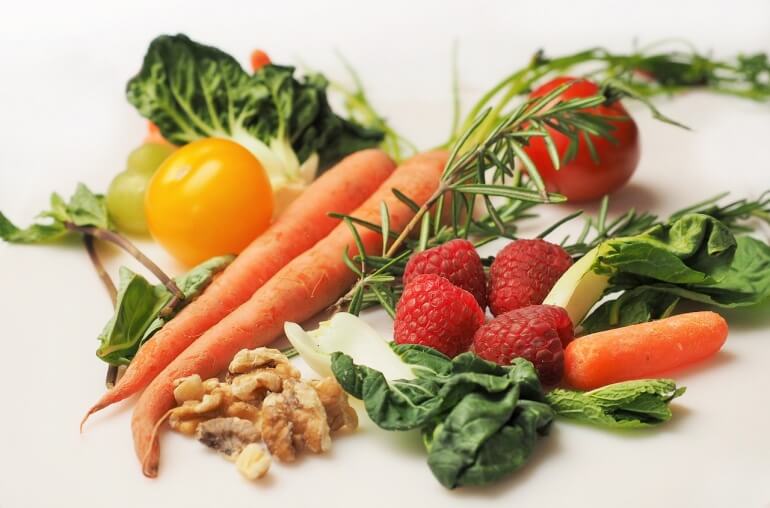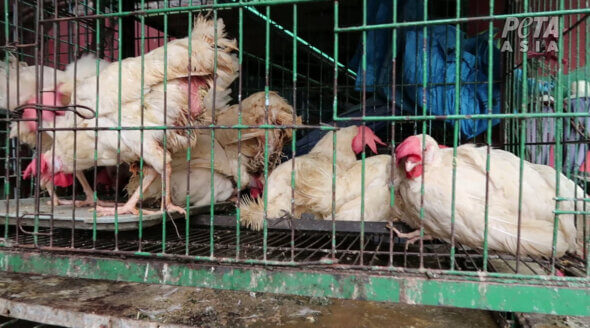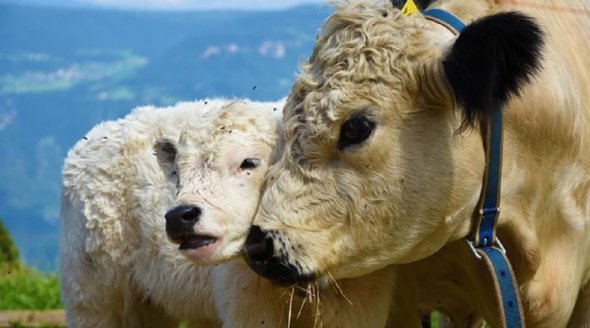What to Donate to Your Local Food Bank
As food banks across the UK are facing record demand amid the COVID-19 outbreak, we’ve put together a list of vegan foods you can donate to help people in need.
If you’re able to pick up a few extra vegan staples, or even just one additional item, during your next shop, you could make a world of difference to someone by dropping them off at your local food bank or a supermarket collection point.
We suggest you grab one or a few of these pantry-friendly staples:
- Long-life non-dairy milk (oat, soya, rice)
- Pasta
- Rice
- Quinoa
- Oats
- Tinned beans and other pulses
- Lentils
- Nuts
If your local food bank can take refrigerated items – please check ahead of time! – consider donating foods such as these:
- Vegetables
- Tempeh
- Tofu
- Vegan meats
- Vegan cheeses
If we all add one of these items each time we buy groceries, together, we can donate an enormous amount of vegan food to those who are struggling financially during the pandemic.
Why Vegan Food?
Experts say that the COVID-19 outbreak originated in a “wet market” in Wuhan, China, where humans had direct contact with live animals and dead animal flesh.
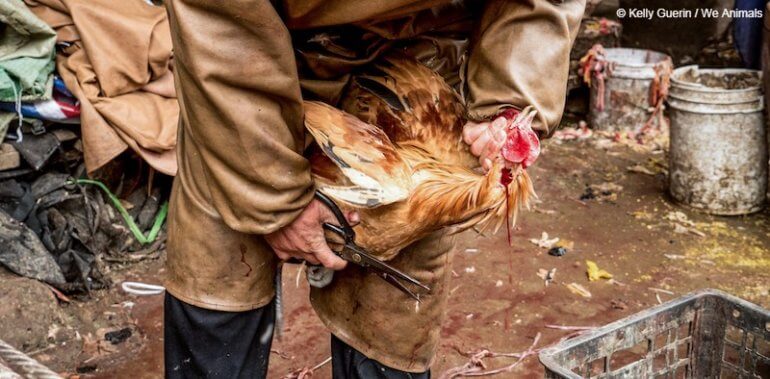
According to the US Centers for Disease Control and Prevention, “Approximately 75 percent of recently emerging infectious diseases affecting people began as diseases in animals.” Think of swine flu, avian flu, SARS, MERS, Ebola, HIV, and mad cow disease, among others.
Pigs bond with humans, and they love to cuddle and play games. Like many other animals, cows have best friends. Chickens are caring mothers – a hen “talks” to her chicks before they’ve hatched to teach them to recognise her voice in a flock. They all value their lives and don’t want to die.
But on farms, animals – with all their personality and emotions – are jammed into cramped, filthy cages and pens and their urine and faecal matter mix with blood and the water sprayed on the floor.
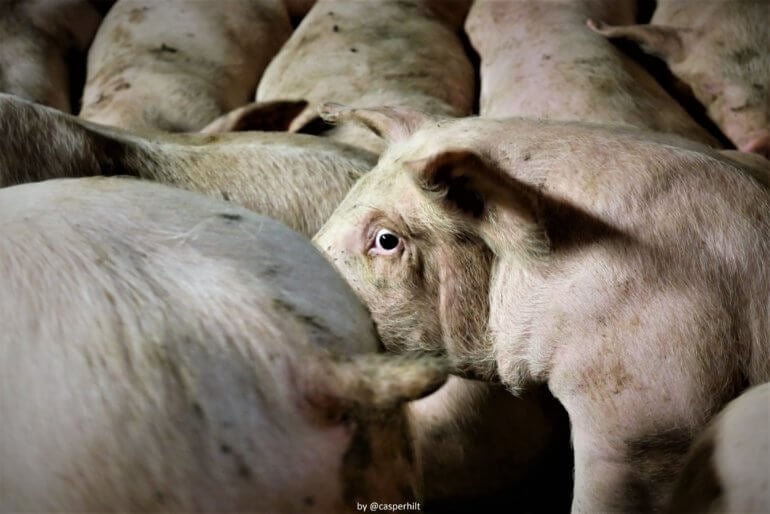 © casperhilt
© casperhiltPig farm in Northern Ireland. 2020.
Many animals on factory farms suffer from respiratory diseases caused by living amid their own waste in severely crowded conditions. At abattoirs and live-animal markets, they’re often butchered in front of each other.
Influenza viruses and coronaviruses are zoonotic – that is, transmissible to humans from other animals. When stressed animals are kept in close proximity to one another in squalid conditions, their environment becomes a breeding ground for such pathogens, which can cause deadly diseases.
What You Can Do
If you can, include a few copies of PETA’s vegan starter kit with your food bank donation as well. We want to make it as easy as vegan pie for everyone to try delicious plant-based food, perhaps for the first time.
To prevent more diseases like COVID-19, join PETA in urging the World Health Organization to call for an end to live-animal markets:
Not Vegan Yet?
Going vegan is easier than ever. To get started, order a free vegan starter kit full of tips and advice for every part of your journey:


